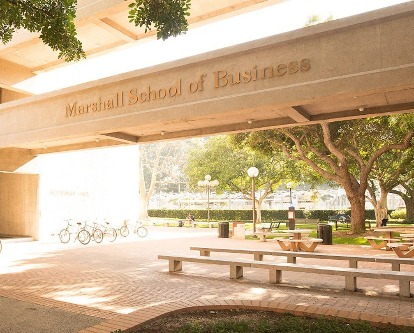
Marshall Faculty Publications, Awards, and Honors: October 2025
We are proud to highlight the many accomplishments of Marshall’s exceptional faculty recognized for recently accepted and published research and achievements in their field.
Dr. Guo’s research focuses on organizational and intercultural communication in business. She is particularly interested and specialized in identity development and strategic negotiation in various international organizational contexts. Her research has appeared on top-tier journals that examined topics such as organizational culture, conflict management, emotion management, communication technology use in business (e.g., social media, mobile), and leadership communication. Professor’s pedagogical expertise in academia includes organizational communication, communication strategies in business, leadership communication, business and professional communication, communication in non-western culture, and persuasion. Prior to academia, Dr. Guo held program and event coordinator positions in Chinese and U.S. multinational companies, specializing intercultural business communication.

NEWS + EVENTS
COURSES